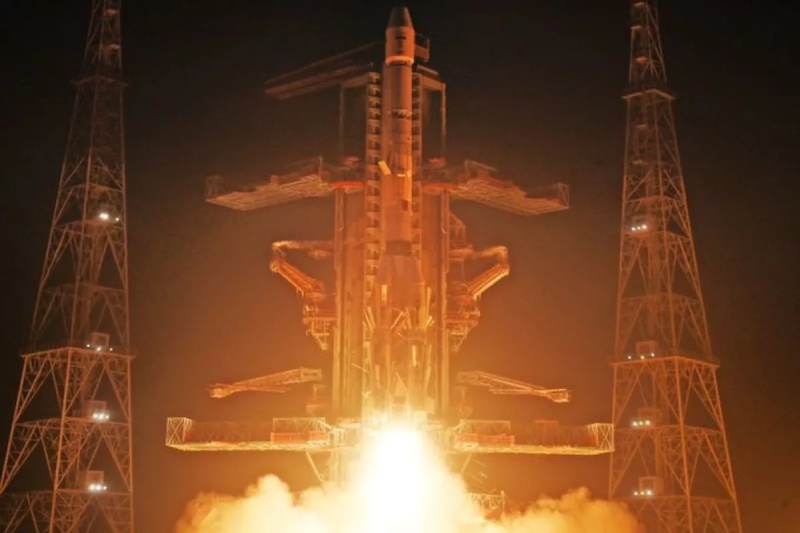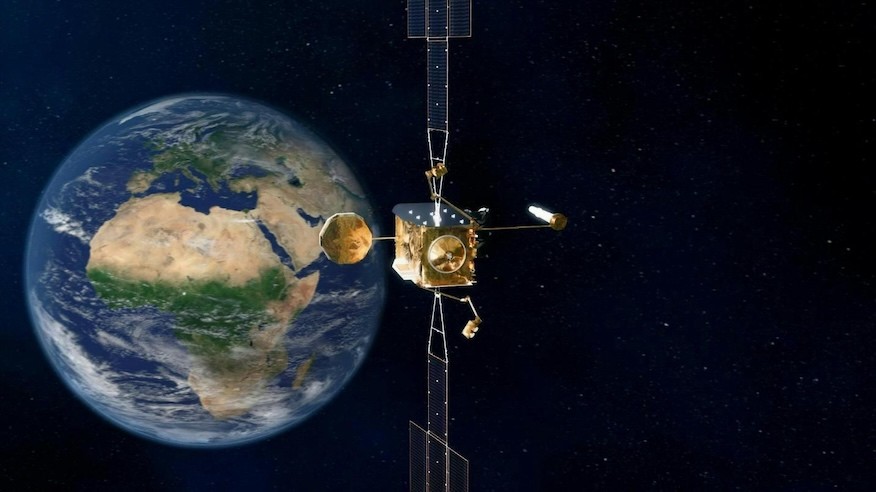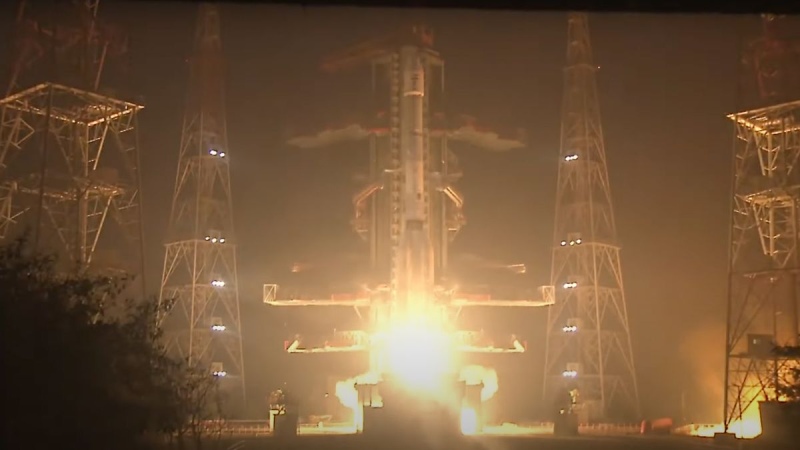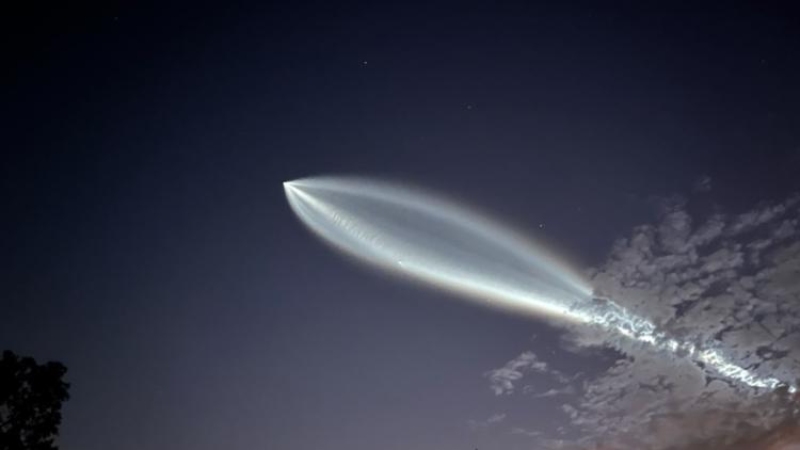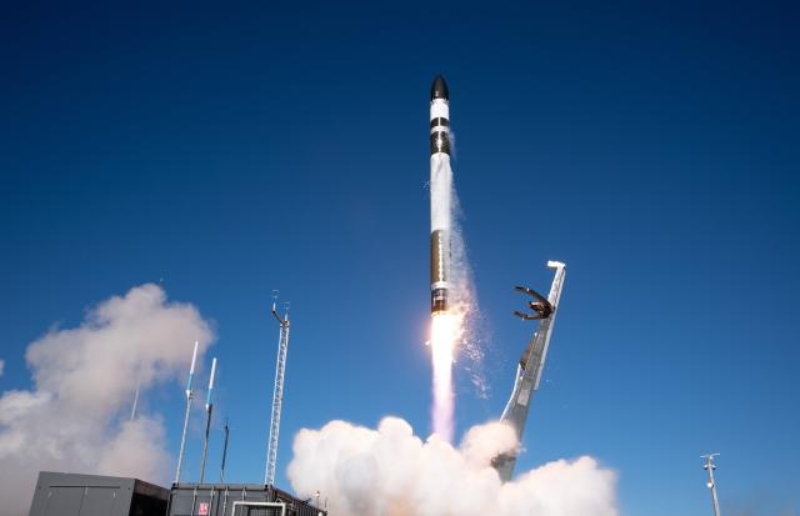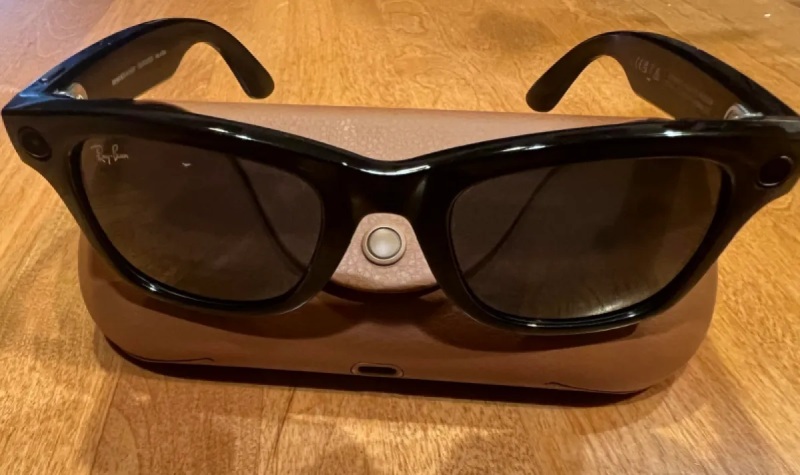The Indian Space Research Organisation (ISRO) has encountered a significant obstacle during its 100th mission.
India’s indigenous space-based navigation system depends on the NVS-02 satellite, which malfunctioned when its thrusters failed to activate.
In a statement posted on its website, ISRO stated that this had prevented the satellite from reaching its intended orbit.
A malfunctioning thruster prevents the satellite from adjusting its orbit.
On January 29, the NVS-02 satellite was launched on a GSLV-Mk 2 rocket from the Sriharikota spaceport.
The valves that deliver the oxidiser to fire the thrusters, however, failed to open because of a technical issue.
The satellite is currently in an elliptical Geosynchronous Transfer Orbit (GTO), which is unsuitable for its intended navigation system function as a result of this malfunction.
ISRO comes up with different plans for the NVS-02 satellite.
ISRO has verified that communication with the ground station is unhampered and that the satellite systems are operating as intended notwithstanding the setback.
In order to use the satellite for navigation in its current elliptical orbit, the government is currently investigating alternate mission options.
They intend to save the mission in this way, guaranteeing that the NVS-02 satellite would continue to support India’s space-based navigation system.
An important component of India’s navigation system is the NVS-02 satellite.
With an innovative navigation payload that operates across three frequency bands (L1, L5, and S), the NVS-02 satellite is the second in its series.
For precise time estimate, it has both imported and domestic atomic clocks.
The purpose of the satellite was to enhance the capabilities of India’s autonomous regional navigation satellite system, Navigation using Indian Constellation (NavIC).
Users in India and regions roughly 1,500 km outside of the Indian landmass can access precise location, velocity, and timing (PVT) services thanks to this technology.
Topics #ISRO #NVS02 #SatelliteMalfunction #SpaceMission
